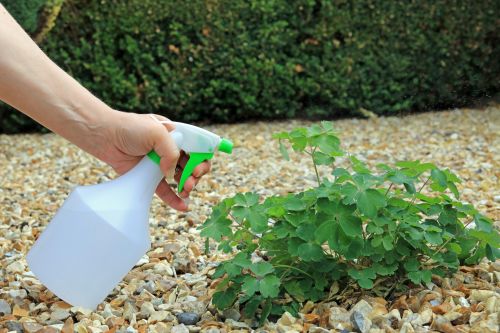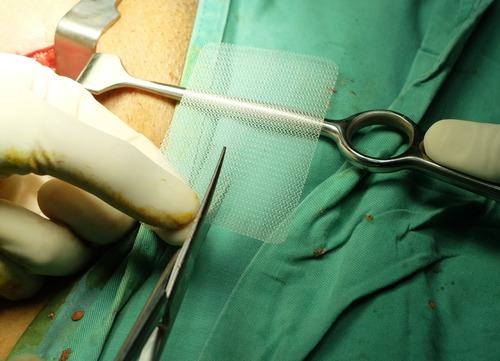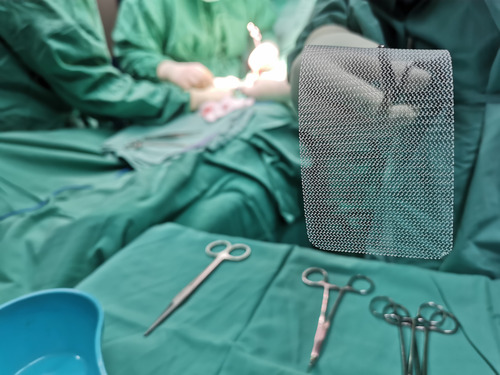- Roundup
The Roundup lawsuit has garnered significant attention in recent years as thousands of individuals have sought compensation after claiming that exposure to the popular herbicide caused severe health issues, including cancer. With high-profile verdicts and settlements frequently making headlines, many people are left wondering: what is the average roundup settlement for a Roundup lawsuit?
In this blog, we’ll break down the average payout range for Roundup lawsuit settlements, key factors affecting compensation, and the importance of working with an experienced class action lawyer to maximize your claim.
Average Payout Range for Roundup Lawsuit Settlements
The average payout for a Roundup lawsuit payout can vary significantly based on several factors. As individuals pursue legal claims against Bayer AG, the manufacturer of Roundup, understanding the expected settlement amounts is crucial. Payouts can range from thousands to millions of dollars, depending on the specifics of each case.
General Settlement Estimates
Roundup settlement amounts in recent lawsuits have shown that payouts can average between $100,000 and $2 million. Cases involving severe health issues, such as non-Hodgkin lymphoma, tend to yield higher settlements. For instance, individuals with documented long-term health complications may see settlements exceeding $1 million, while cases with less severe illnesses may result in lower amounts.
Variability Based on Individual Circumstances
It’s important to note that each case of Roundup claims is unique. Factors such as the plaintiff’s age, overall health, and treatment history can influence the final settlement amount. Additionally, the strength of the evidence presented will play a crucial role in determining how much compensation a plaintiff may receive.
Key Factors Influencing Settlement Amounts
When pursuing a Roundup lawsuit, several key factors determine the average payout. Understanding these elements can help potential claimants gauge their expected compensation. Consulting with an experienced Roundup lawyer can also significantly impact the settlement amount, as they can help navigate the complexities of the lawsuit and potentially secure higher compensation based on factors like age and treatment duration.
Severity of Illness
The severity of the illness caused by Roundup exposure is a primary factor in settlement amounts in roundup cancer lawsuits. Individuals diagnosed with severe conditions, such as non-Hodgkin lymphoma or other serious health issues, typically receive higher payouts. Jurors and insurance companies often recognize the significant impact of these diagnoses on quality of life.
Medical Expenses
Roundup lawsuit payouts also play a crucial role in determining settlement amounts. This includes both past and future medical costs related to treatment. Claimants should document all expenses, including hospital bills, medication costs, and ongoing therapy. Higher medical expenses generally lead to larger settlements, as they reflect the financial burden placed on the victim and their family.
Age and Treatment Duration
The age of the claimant and the expected duration of treatment can influence the payout. Younger individuals facing long-term treatment may be awarded more compensation due to the increased lifetime costs of care. Conversely, older claimants may receive different considerations based on their expected lifespan and potential recovery. Experienced Roundup lawyers play a crucial role in assessing these factors to maximize potential settlements.
Extent of Roundup Exposure
The extent of exposure to Roundup weed killer is another important factor. Those who have used the product extensively, particularly agricultural workers, may have stronger claims. Documenting the level and duration of exposure can significantly impact the strength of the case and, ultimately, the settlement amount.
Strength of Evidence
Finally, the strength of the evidence presented in a case can greatly influence settlement amounts in roundup litigation. Solid evidence linking Roundup to the claimant’s illness, such as medical records and expert testimonies, can lead to larger payouts. Conversely, weaker evidence may result in lower settlements or even dismissal of the case.
Common Damages Impacting Payouts
When pursuing a Roundup lawsuit, understanding the common damages that affect payouts is crucial. Each case is unique, and the specific circumstances will greatly influence the settlement amount. Here are the primary categories of damages that often come into play. Consulting a Roundup lawyer can help you navigate these complexities and secure the compensation you deserve.
Past and Future Medical Expenses
Medical expenses form a significant part of any Roundup lawsuit. This includes costs already incurred for treatment, such as hospital visits, surgeries, and ongoing therapies. Additionally, future medical expenses must be considered, especially for serious conditions like non-Hodgkin lymphoma. These future costs may cover long-term care, medication, and rehabilitation, impacting the total settlement amount.
Lost Income and Reduced Earning Capacity
Many individuals affected by Roundup exposure may experience a decline in their ability to work. This can lead to lost wages during treatment and a potential reduction in future earning capacity. For example, if a plaintiff can no longer perform their previous job due to health issues, this loss must be calculated and included in the damages sought.
Pain and Suffering
Pain and suffering damages account for the emotional and physical toll that illness takes on a person’s life. This can include chronic pain, mental anguish, and a diminished quality of life. Courts often consider these factors when determining the overall compensation. The more severe the impact on a plaintiff’s daily life, the higher the potential payout.
Overview of the Settlement Process
When pursuing a Roundup lawsuit, understanding the settlement process, including multidistrict litigation (MDL), is crucial. This process can be complex, but it generally involves several key stages that lead to a resolution. Knowing these stages helps plaintiffs navigate their cases more effectively.
Pre- and Post-Court Settlements
Most Roundup lawsuits begin with pre-court negotiations, often referred to as roundup settlements. During this phase, plaintiffs and defendants may engage in discussions to settle before trial. These negotiations can save time and resources for both parties. If a settlement is reached, the terms will be documented, and the case may be resolved without going to court.
However, if pre-court negotiations fail, the case may proceed to trial. After a verdict is reached, there may still be opportunities for post-court settlements. Defendants may choose to settle after a trial to avoid the costs and uncertainties of an appeal. This can lead to a payout even after a court decision.
Role of Special Master in Global Settlements
In many Roundup cases, especially those involving multiple plaintiffs, a special master may be appointed. This individual helps manage the settlement process, ensuring fairness and efficiency. The special master acts as a mediator, facilitating discussions between plaintiffs and defendants. They can also help establish a points system to determine the settlement amounts based on the severity of each case.
Global settlements can benefit all parties involved. They provide a comprehensive resolution for multiple claims, often resulting in a more streamlined process. This can lead to quicker payouts for plaintiffs while reducing the litigation burden on defendants. Additionally, global settlements can address future Roundup claims, helping Bayer manage potential future liabilities as more individuals may develop health issues over time related to Roundup exposure.
Eligibility Criteria for Roundup Settlement
When considering a Roundup lawsuit, it is vital to understand the eligibility criteria to determine if you qualify for a Roundup settlement. Various factors can affect whether you qualify for compensation, and knowing these can help you navigate the legal process more effectively.
Diagnosis of Related Illness
To be eligible for a Roundup settlement, you must have a diagnosis linked to glyphosate exposure, the active ingredient in Roundup. Common illnesses include non-Hodgkin lymphoma, other cancers, and certain health complications. Medical documentation confirming your diagnosis is crucial.
Proof of Exposure
You must demonstrate that you were exposed to Roundup in a way that could have contributed to your illness. This may include evidence of using the product, working in agriculture, or living near areas where Roundup was frequently applied. Documentation such as work records, purchase receipts, or witness statements can support your claim.
Timing of Diagnosis
The timing of your diagnosis can also impact eligibility. Many settlements require that your diagnosis occurred after a specific date, often aligned with when lawsuits began to emerge against the manufacturers of Roundup. Be aware of these timelines, as they can significantly affect your case.
Filing the Lawsuit Within the Statute of Limitations
Each state has a statute of limitations that dictates how long you have to file a lawsuit after your diagnosis. Missing this deadline can bar you from pursuing a settlement, so it is crucial to act promptly. Consulting with a knowledgeable attorney can help ensure you meet all necessary deadlines.
Previous Settlements or Verdicts
If you have previously settled a claim related to Roundup, it may influence your eligibility for additional compensation. Some settlements may include clauses that restrict further claims, so it’s essential to review any prior agreements with legal counsel.
Seek Guidance From an Experienced Class Action Attorney ASAP!
If you or a loved one have been affected by Roundup exposure and are considering pursuing a lawsuit, now is the time to take action. Navigating the legal process can be overwhelming, but our experienced team at Class Action Lawyers Coalition is here to provide the guidance and support you need.
Contact us at 855-938-0980 for a free case consultation today!








